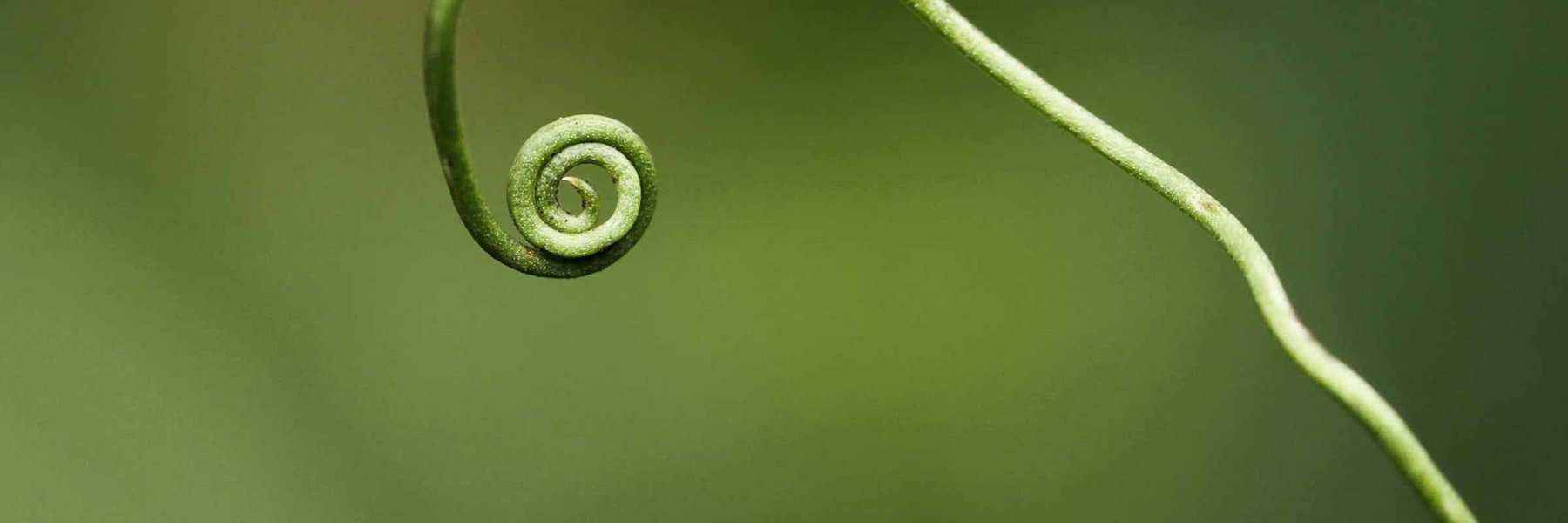Te Mana Motuhake o te kākano: what seed sovereignty means for us.
November 2022
Melanie Mark-Shadbolt (Ngāti Kahungunu, Rangitane, Ngāti Porou, Te Arawa, Ngāti Raukawa, Tūwharetoa, Whakatohea, Te Ātiawa) an indigenous environmental advocate who is a co-founder and trustee of Te Tira Whakamātaki, a Māori environmental not-for-profit and home of the Māori biosecurity network, as well as the Deputy Secretary Tūmatakōkiri (Māori Rights & Interests) at the Ministry for the Environment. Melanie specialises in understanding and applying mātauranga Māori (Māori knowledge) to environmental issues. She has a specific interest in decolonising ideologies of conservation and restoration in order to address injustices and harm caused to indigenous peoples and our planet. Her work has covered research in stakeholder values, attitudes, and behaviours; social acceptability of environmental management practices and risk communication; the wider human dimensions of environmental health; and community disaster responses and preparedness. Among many other awards recognising her work, Melanie won the Public Policy award at the Westpac Women of Influence Awards in 2021, and was a finalist in the Innovation, Science & Health category at the 2019 Westpac Women of Influence Awards. Melanie currently serves on the boards of; the Resilience to Nature’s Challenges National Science Challenge, Project Crimson and Tāpui Aotearoa; the B3 Better Border Biosecurity’s Collaboration Council; Kauri Dieback & Myrtle Rust Knowledge Advisory Group; Wallaby eradication governance group; Fit for a Better World Science Accelerator Bundle; Predator Free 2050 Leadership and Kaitiakitanga working groups; as well as a number of advisory panels / kāhui for research programmes and government agencies. Melanie is dedicated to working with organisations who are committed to meeting their Treaty responsibilities and addressing indigenous rights and racial equity. In this webinar Melanie speaks about seed sovereignty, a pressing issue for the myrtle rust battle.
